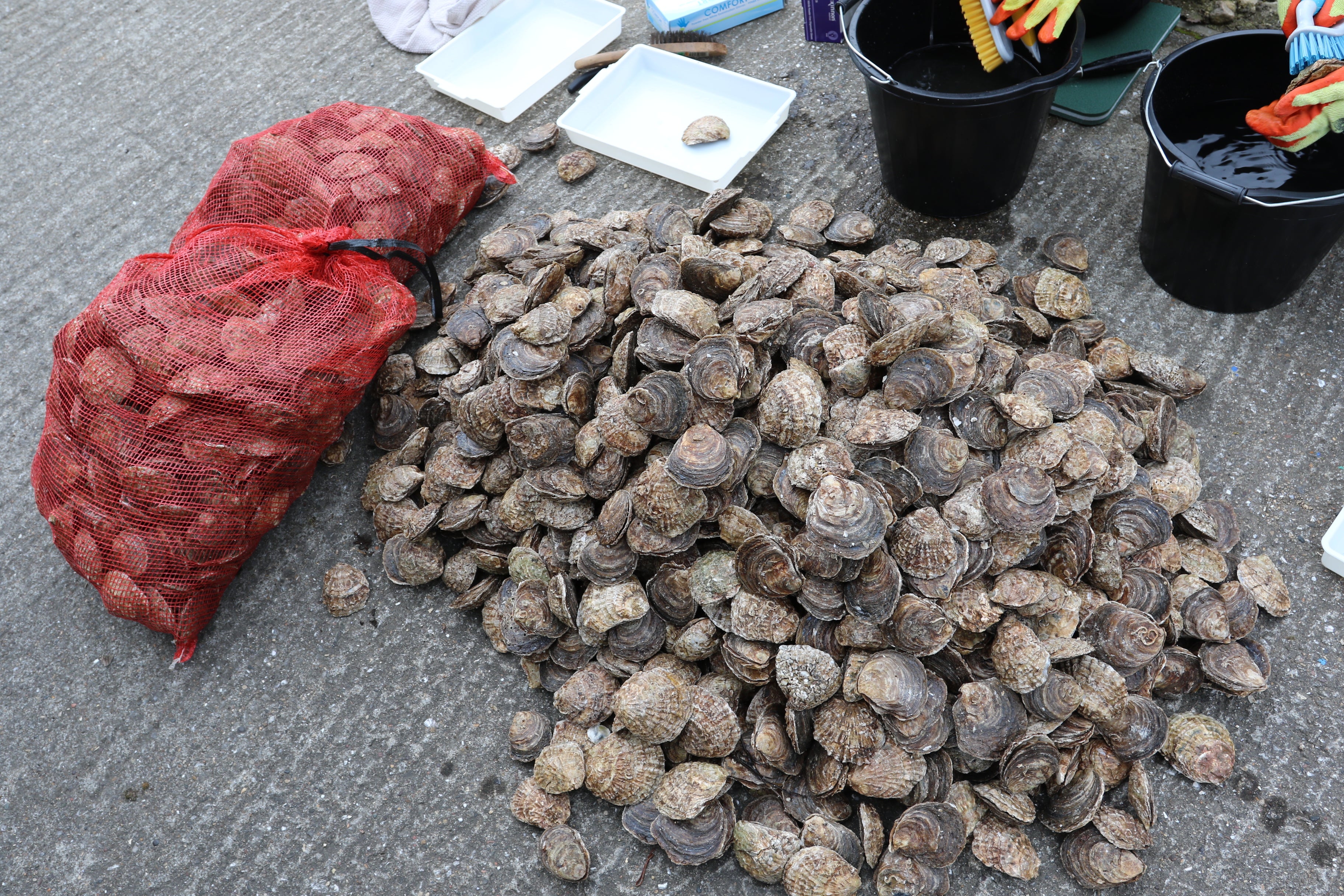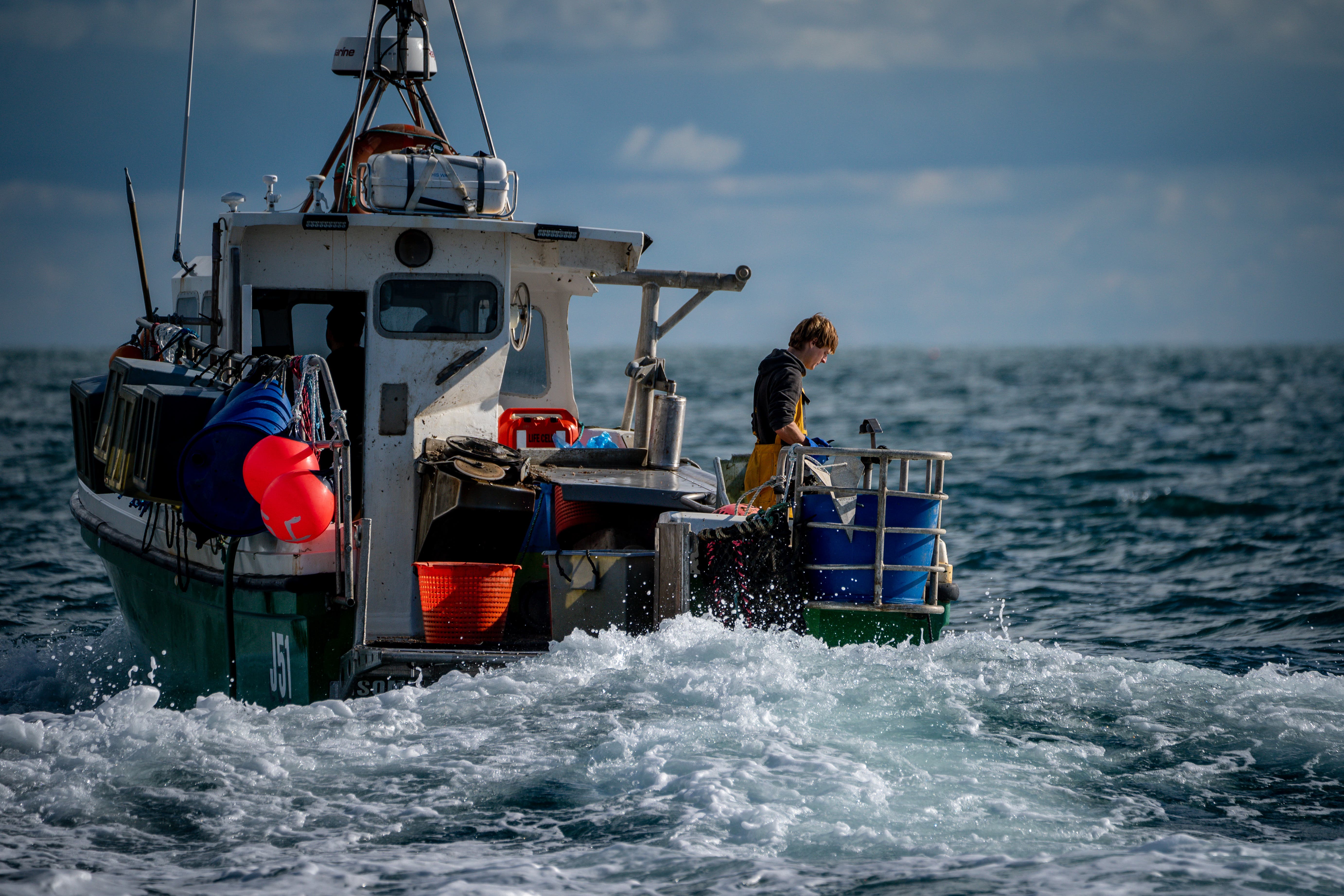UK to see increase in sharks, rays and native oysters due to rising sea temperatures
While some species could thrive in warmer British waters, scientists warn others could struggle
Rising ocean temperatures could see animals such as endangered sharks and native oysters migrate to the UK.
Parts of the North Sea could become biodiversity hotspots in the next 50 years, as the water around the UK becomes one of the top 20 places globally that has warmed the fastest due to the impact of climate change.
It comes after an intense heatwave in May warmed UK waters by up to four degrees, while fishing communities have already spotted a difference as swarms of jellyfish or the Mediterranean octopus begin to appear near beaches.
In the first study of its kind, the Centre for Environment, Fisheries and Aquaculture Science (Cefas) mapped how 19 threatened marine species will respond to the change in UK seas by 2060.
While oysters, basking sharks, spurdog sharks and thornbacks - a type of ray with spines - will thrive, other animals such as the long-lasting ocean quahog, a type of clam, will struggle.

A sea pen, which is a small creature that helps build reefs, is predicted to lose up to 40 per cent of their suitable habitat by the turn of the next century, which will have an impact on marine ecosystems.
It is not only the UK’s seas that are warming, with temperatures increasing across the globe as the ocean absorbs 90 per cent of heating created by fossil fuels such as oil, coal and gas.

"As an island nation, we're hugely reliant on the sea for our food and for jobs. Any changes that we see in our seas are particularly impactful," Bryony Townhill, marine scientist at Cefas, told BBC News.
The analysis, which has been published in the science journal Marine Biology, should assist the government as it plans to ensure that Marine Protected Areas (MPAs) continue to protect species.
Researchers however have stressed that these vulnerable species must still be protected from risks such as pollution and fishing equipment as they adapt to new habitats.
Join our commenting forum
Join thought-provoking conversations, follow other Independent readers and see their replies
Comments
Bookmark popover
Removed from bookmarks